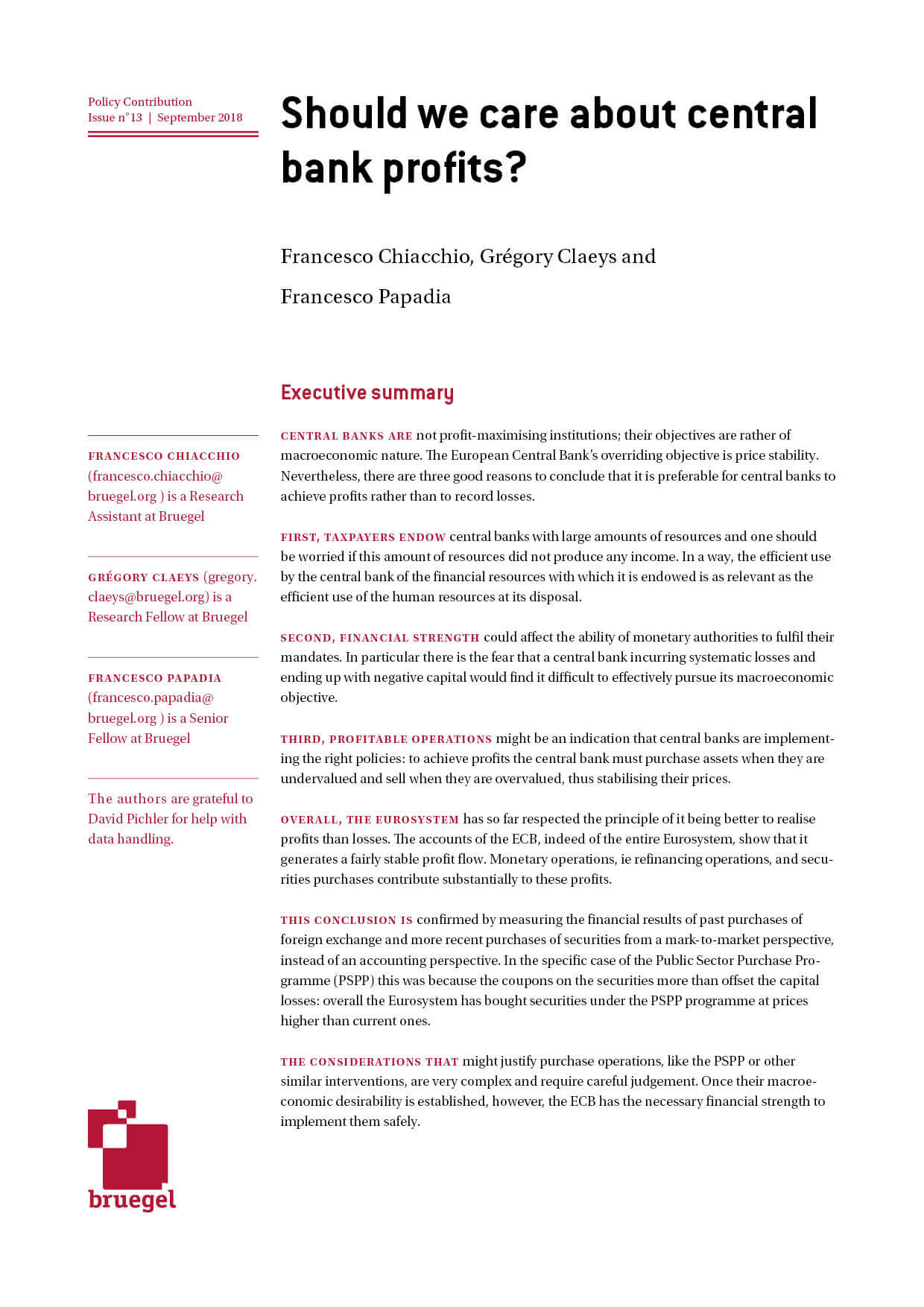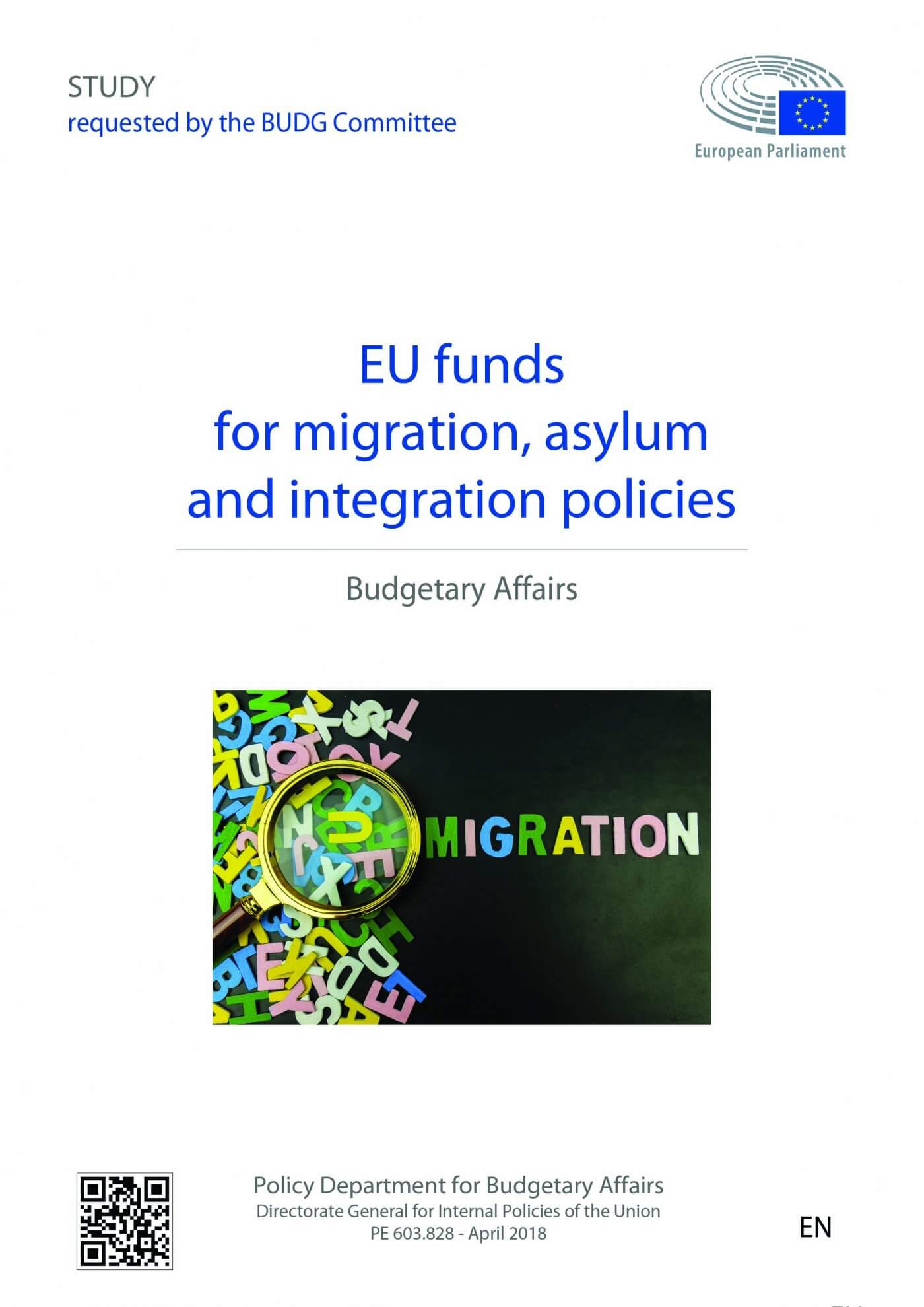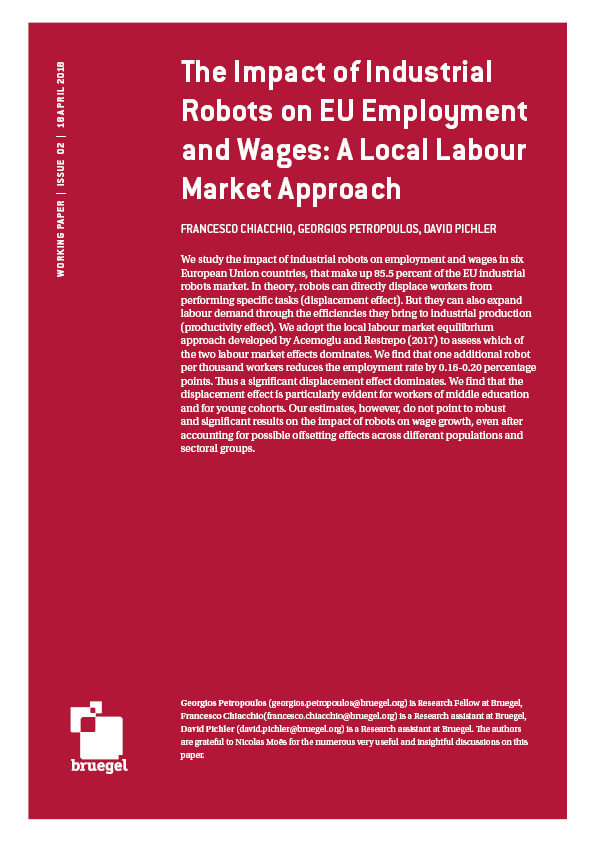Former scholars

Francesco Chiacchio
Research Assistant
Francesco, an Italian citizen, works in Bruegel as a Research Assistant in the innovation and competition area, with a focus on trade and productivity, as well. Before joining Bruegel, Francesco was a trainee at the European Central Bank, working on projects related to productivity, Global Value Chains and technology diffusion, export intensity, and credit allocation, as well as on macroeconomic projections. He also interned at the European Commission, Directorate General for Competition, involved in projects related to the Directive on Antitrust Damages Action, and provided teaching assistance at the Tinbergen Institute.
He holds a Master in Economics and Social Sciences from Bocconi University, where he specialized in quantitative methods and microeconomics.
Francesco’s research interests include industrial and competition policy, firms and competitiveness, international economics and trade, and resource allocation. His personal interest also lies in possible applications of big data.
He is fluent in Italian and English, and has basic knowledge of German and French.







